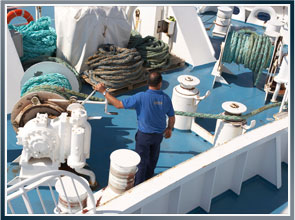What are the Most Common Accidents on Board Ships?
 Unlike car accidents or slip and fall cases where attorneys see the same type of accident over and over, there is no “common” type of accident on board a ship. Each maritime accident is truly unique with an outcome based on a distinctive set of circumstances.
Unlike car accidents or slip and fall cases where attorneys see the same type of accident over and over, there is no “common” type of accident on board a ship. Each maritime accident is truly unique with an outcome based on a distinctive set of circumstances.
However, in our years of practicing maritime law at Latti & Anderson, we have seen that what many of these accidents do have in common is that they often share the same causes. These can include:
Lack of Safety Equipment, Safety Rules and Regulations: The safety of passengers and crew should be the number one priority on any vessel. Unfortunately, it is not. Many times, concerns about cost and time prevent owners from installing appropriate safety equipment and training crew about proper procedures and operations on the vessel.
Failure to Follow or Establish Procedures: One of the most common causes of maritime accidents is the failure to follow procedures and operations that are set forth in safety guidelines. Many times, crew or personnel may cut corners and omit procedures or develop their own inadequate procedures. In some cases, those responsible simply neglect to establish the right procedures.
Failure to Maintain and Repair Equipment: Injuries and death often result from companies, cutting corners when it comes to maintenance and repair of equipment. They might put a bandaid on a repair to get the vessel out to go fishing or to hit its next port and delivery. Any piece of equipment from the engine to the winches can cause serious injuries if not properly maintained and repaired.
Lack of Training of Crew: Over and over, injuries occur when crew are not adequately trained about proper procedures and operations for completing their duties. Many times, if a company would just take a few minutes to teach and review procedures for completing specific tasks, they could avoid many injuries.
Failure to Provide Non-Skid Surface: No matter what type of vessel, whether container ship, tug, fishing vessel, or recreational boat, the surfaces on that vessel should have a non-skid surface. There are many options available, including non-skid paint, non-skid tiles, and diamond plate steel. The failure to have non-skid on the vessels creates a dangerous unsafe place to work
One or more of these causes can lead to an accident that results in brain injuries, spinal cord injuries, amputations, broken bones, torn ligaments and muscles, orthopedic and neurological injuries, or death.
Being aware of the dangers on board a ship can help workers learn how to avoid them. If you have sustained an accident while working at sea, you are protected by the Jones Act and may be entitled to compensation. Consult with an experienced maritime attorney immediately to determine your rights moving forward.
